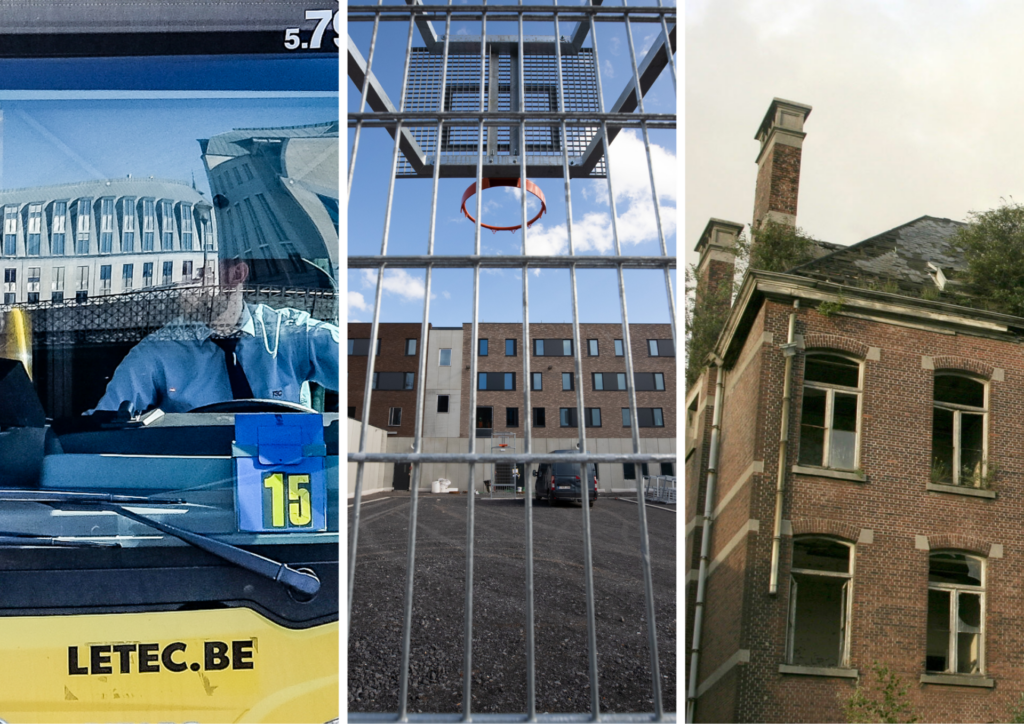On Thursday 1 September, it will not only be the daily routine of pupils at Dutch-speaking schools – who start the new school year today – that will be changing in Belgium. From cheaper public transport travel to tackling unoccupied housing, here's what changes today.
Public transport
From Thursday, the price of an annual travel pass for public transport in Wallonia, operated by the company TEC, will cost just €12 for 18 to 24-year-olds, people over the age of 65 and those entitled to an increased allowance.
The annual pass applies to the entire TEC network, including the Express lines.
From Monday 5 September, the train services operated by national railway operator SNCB will be adjusted to the school season. Some routes will also be modified to optimise traffic on certain sections and to minimise the impact of construction work still in progress on the network.
Timetable changes are planned throughout the network. The SNCB advises its users to organise their journeys via its online planner.
Finance and employment
From September 1, long-term unemployed workers will be awarded the equivalent of 25% of their unemployment benefits for three months if they relocate to another region or work in a sector with a labour shortage.
This measure is part of the government's efforts to increase the employment rate. Belgium's Federal Government set a target to reach an employment rate of 80% by 2030.
Several banks will abolish negative interest rates — meant to encourage borrowing and lending — from Thursday. Belfius will do so for its professional customers, while ING will also no longer apply negative interest rates for private customers.
KBC and CBC have also announced the end of negative interest rates for legal individuals and companies as of 1 September.
Short prison sentences
On Thursday, the effective implementation of short prison sentences will begin, the first part of a new system that will be adopted in two stages. Sentences of two to three years will be enforced starting from this month, while from September 2023, prison sentences of less than two years will be enforced.
The measure, aimed at putting an end to the failure to enforce short sentences, was postponed on several occasions for fear of increasing prison overcrowding. Meanwhile, Justice Minister Vincent Van Quickenborne is looking to abolish sentences of less than six months.
Tackling unoccupied housing
A plan to tackle unoccupied housing will come into force in September in Wallonia, which will allow distribution network managers to inform local authorities of the consumption of certain dwellings suspected of being unoccupied.
Houses or flats will be from now presumed unoccupied if it has a water or electricity consumption of less than 15 cubic metres of water per year or 100-kilowatt hours per year.
Reimbursement for cystic fibrosis medicine
The drug Kaftrio, a costly medicine to treat cystic fibrosis, will be reimbursed for people aged over 12. Patients with the disease, which is inherited and affects the lungs and digestive system, will have to meet certain conditions for reimbursement.
Related News
- New nationwide bicycle marking system from next year
- Brussels inner city largely car-free from today: What changes
Health Minister Frank Vandenbroucke reached an agreement on this with the American pharmaceutical company Vertex in mid-July, after tough negotiations. The drug is meant to optimise lung function, reduce the use of antibiotics and improve the quality of life of patients.
"Thanks to this agreement, nearly 300 people will, for the first time, have access to reimbursement for a CFTR modulator treatment that addresses the underlying cause of the disease," the company said. Negotiations on the reimbursement for children between the ages of six and 11 are still ongoing.

